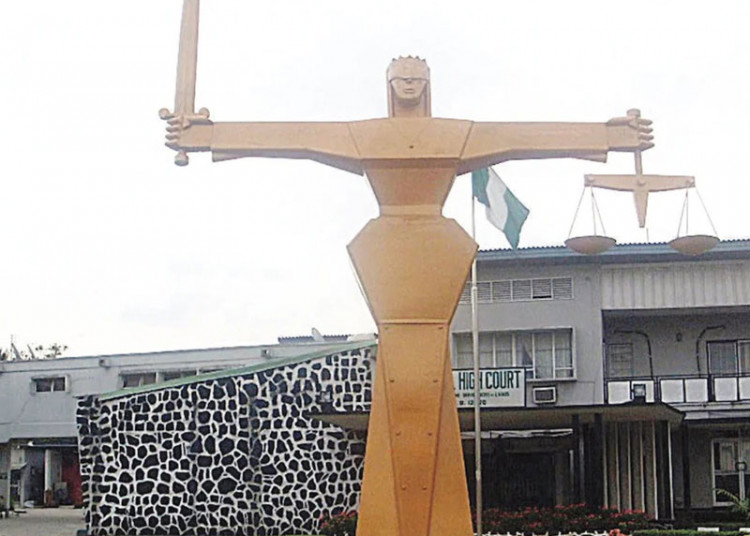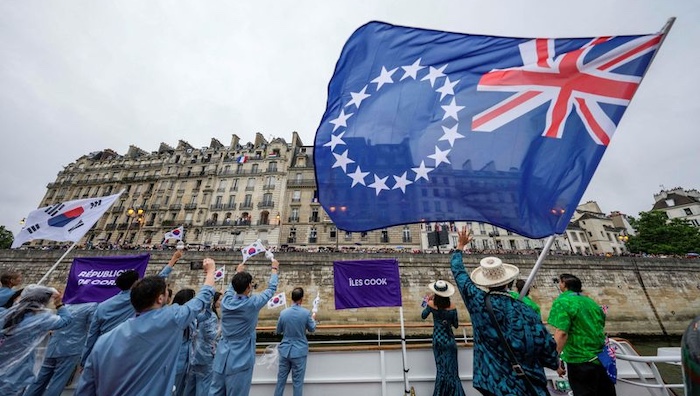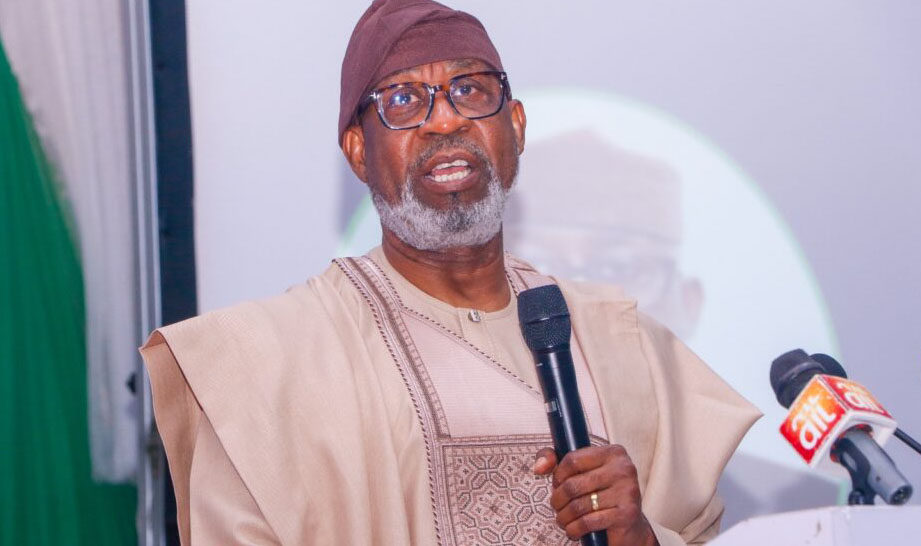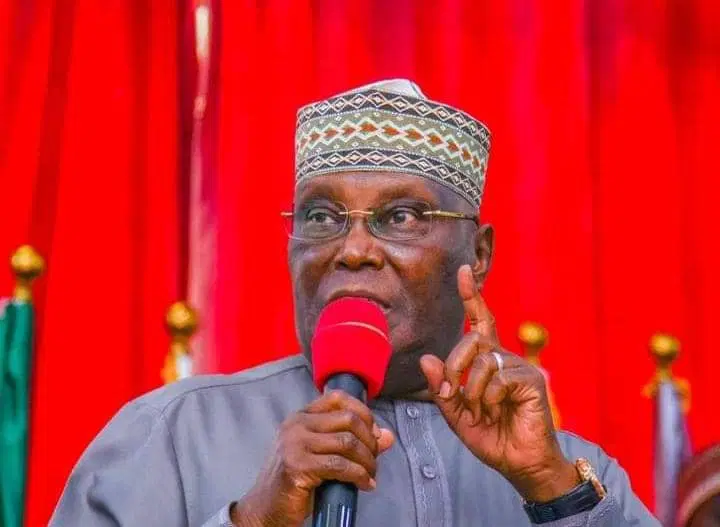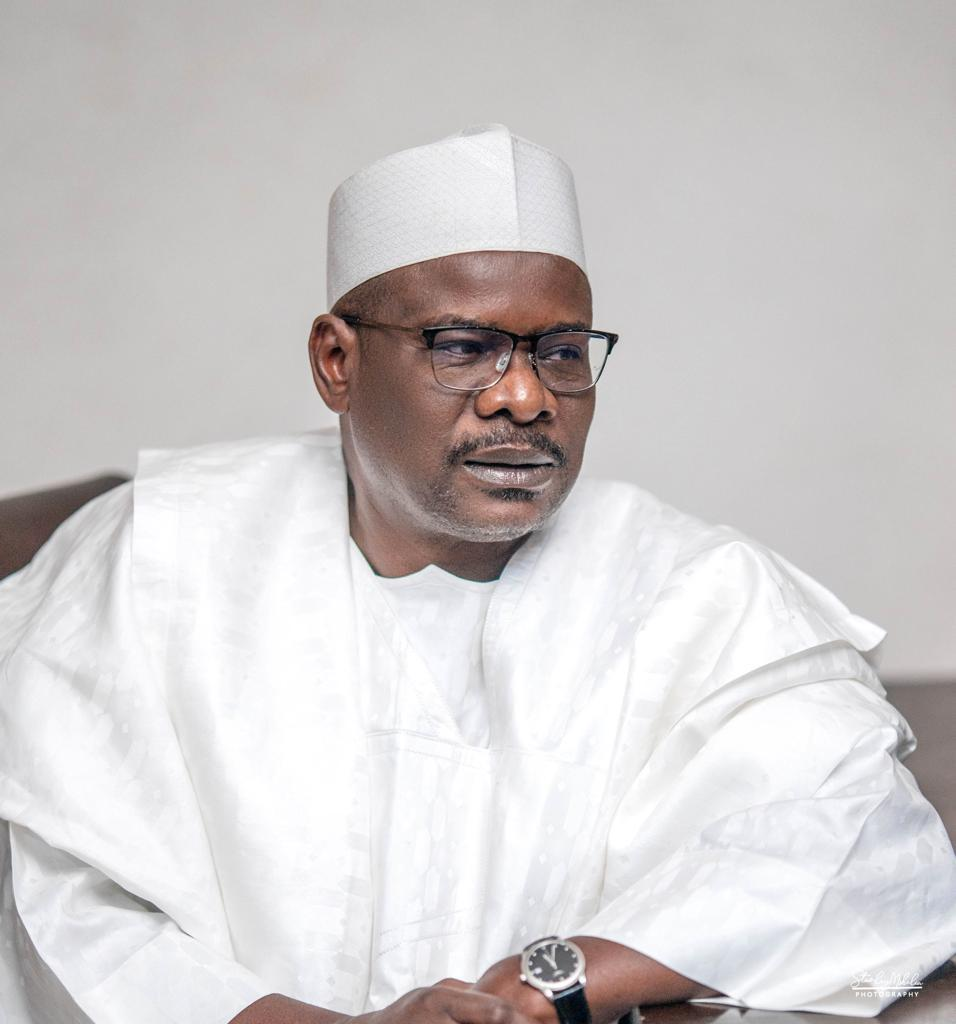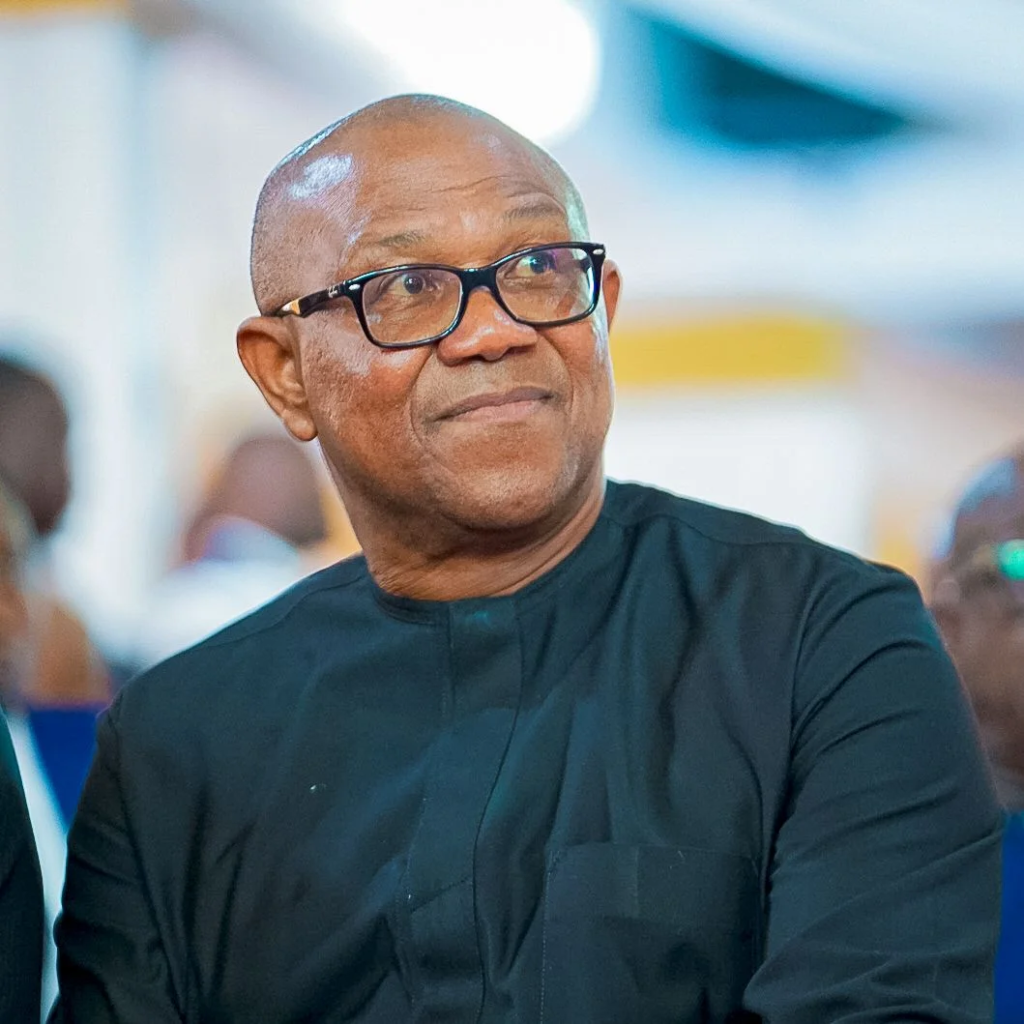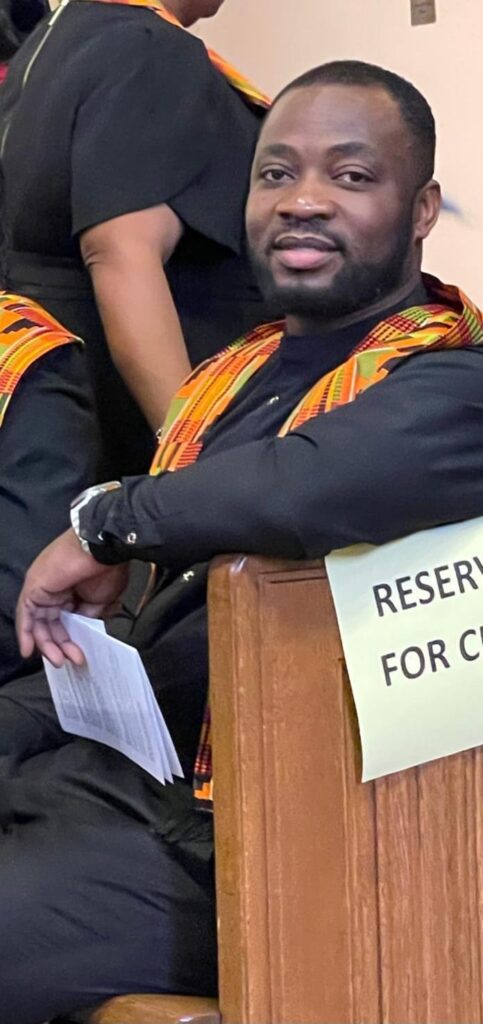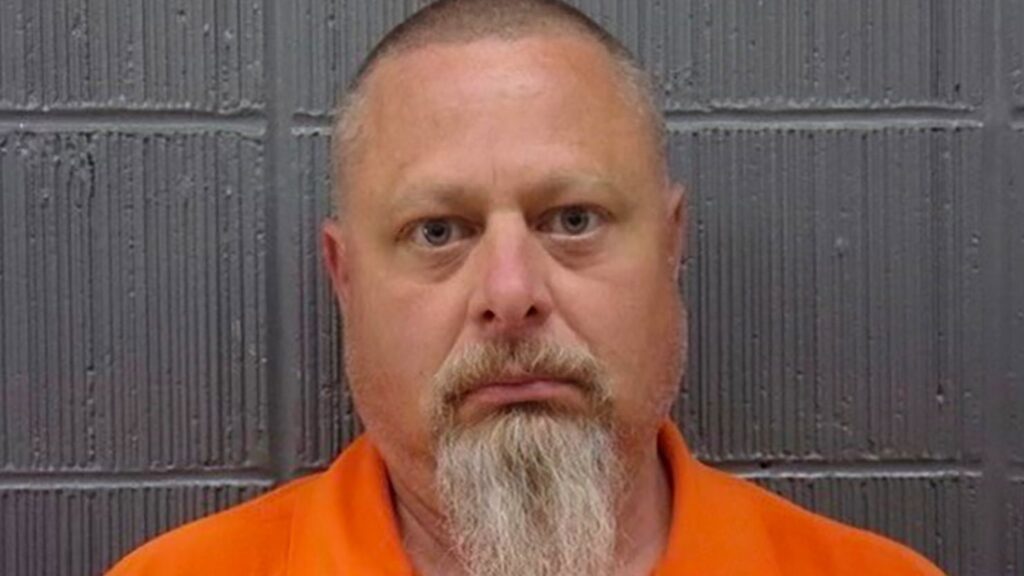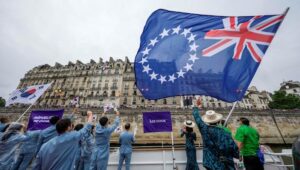A Nigerian Federal High Court, sitting in Abuja, on Tuesday restrained the federal government from taking further steps in the appointment of consultants to monitor projects being funded with the repatriated $300 million Abacha loot.
Justice Inyang Ekwo, in a ruling, directed that the order on the implementation of the Abacha loot tripartite agreement between Nigeria, the United States and Bailiwick of Jersey, will subsist pending the hearing of the motion on notice filed by PPP Advisories Consortium.
PPP Advisories Consortium, in a suit instituted on November 3, 2020, is challenging the selection process in which four firms out of 17 emerged winners of bids to monitor the project.
The suit marked: FHC/ABJ/ CS/1449/2020 was filed on behalf of the claimants by their lawyer, Mr. Daniel Bwala and has as defendants the Attorney-General of the Federation and Minister of Justice, Chairman Ministerial Tenders Board, Mr. Dayo Apata, SAN and the Bureau of Public Procurement.
However, Justice Ekwo directed all parties in the suit to maintain status quo ante bellum and not take any steps whatsoever to affect the subject matter of disputes before his court.
At the resumed hearing of the case tuesday, Bwala had urged the court to hear the motion on notice for injunction to restrain the Attorney-General of the Federation and Minister of Justice and the Bureau of Public Procurement (BPP) from taking any steps in the appointment of a consultant for the monitoring of the implementation of the tripartite agreement between the Federal Government of Nigeria, the United States of America and the Bailiwick of Jersey.
At the hearing, the first defendant, the Attorney-General of the Federation, failed to appear despite being served with the summons as well as the hearing notice twice.
The counsel to the third defendant, BPP, who was present in court, urged the court for adjournment to file their defence.
Bwala on behalf of the claimant, informed the court that unless the court makes an order for status quo to be maintained, the federal government may proceed and award the consultancy contract to Cleen Foundation, which scored the lowest combined technical and financial score among the four prequalified consultants.
This action, he said, if allowed to take place, will most likely dent the image and name of Nigeria in the eyes of the international community and make a mockery of the requirements of competitiveness and transparency required in all federal government’s procurements as outlined by the Bureau of Public Procurement Act, 2007.
The $300 million repatriated to Nigeria is to be used as part of the funding for the completion of the Second Niger Bridge, the Abuja-Kano dualisation and the Lagos-Ibadan Expressway.
The court, consequently made an order for all parties in the action to maintain status quo and not take any steps towards implementing the subject matter of the dispute pending the hearing of the motion on notice slated for January 21, 2021.
The federal government, the United States Government and the Bailiwick of Jersey had entered into the tripartite agreement for the implementation of the $300 million Abacha loot on the condition that the funds would be used for the purpose of the three major road projects aforementioned.
The federal government sent out an invitation for consultants to submit proposals to the Federal Ministry of Justice, whereupon, PPP Advisories Consortium was among the four prequalified firms among the 17 firms that responded to the request for prequalification.
PPP Advisories Consortium said after the evaluation of the financial proposals of the four prequalified consultants, it secured the highest combined technical and financial score and therefore ought to have been awarded the contract instead of Cleen Foundation, which got the least combined technical and financial score among the four prequalified consultants.
The procurement panel of the federal government arbitrarily disqualified the claimant and recommended the firm that came fourth (Cleen Foundation) as the preferred bidder to be awarded the contract. This, it said, it found both curious and unacceptable.
The claimant filed an action in court challenging the legality or otherwise of the federal government’s decision on the tripartite agreement and Nigeria’s extant procurement laws, processes and procedures.
The case has been adjourned till January 21 for hearing.
News Agency

